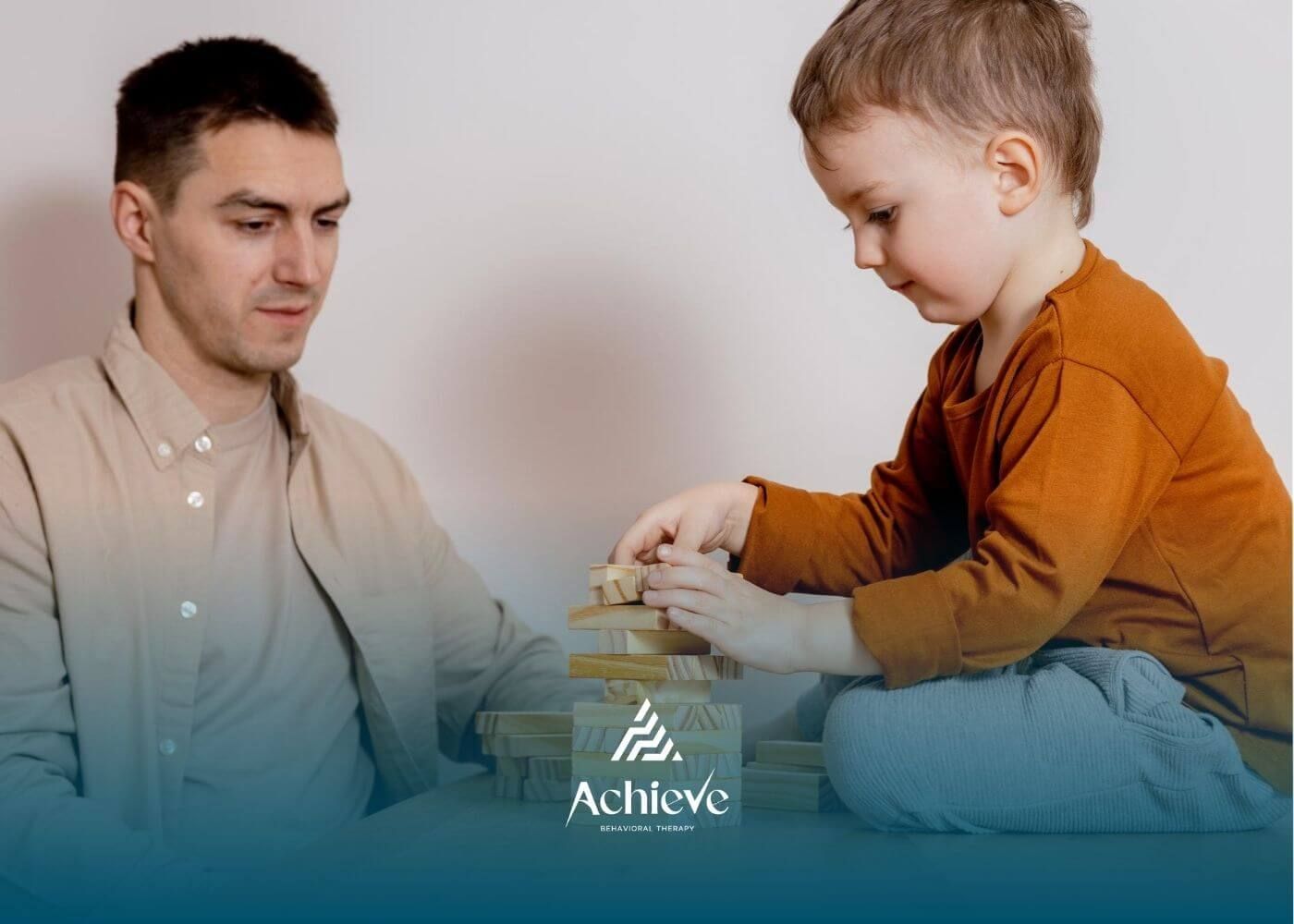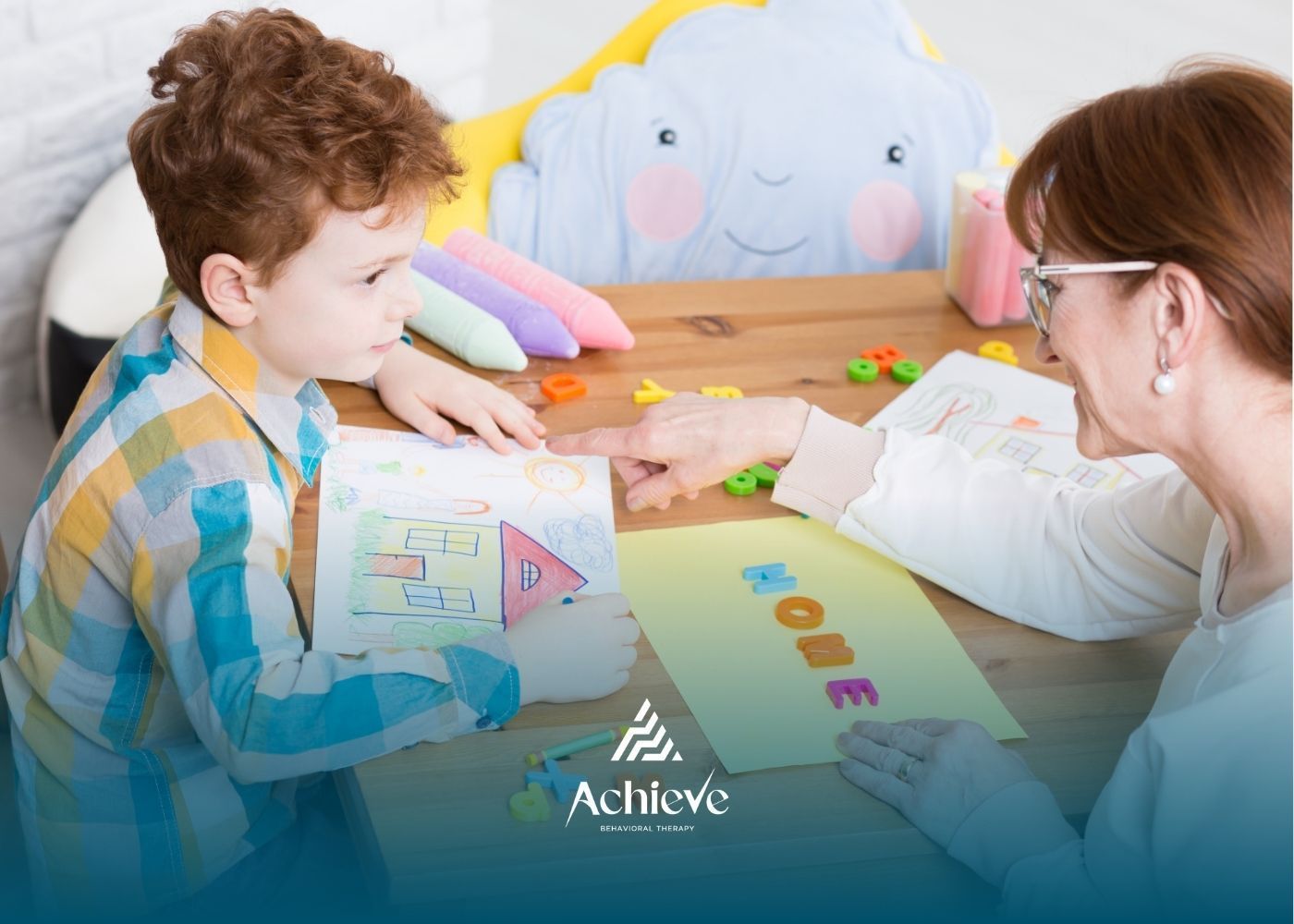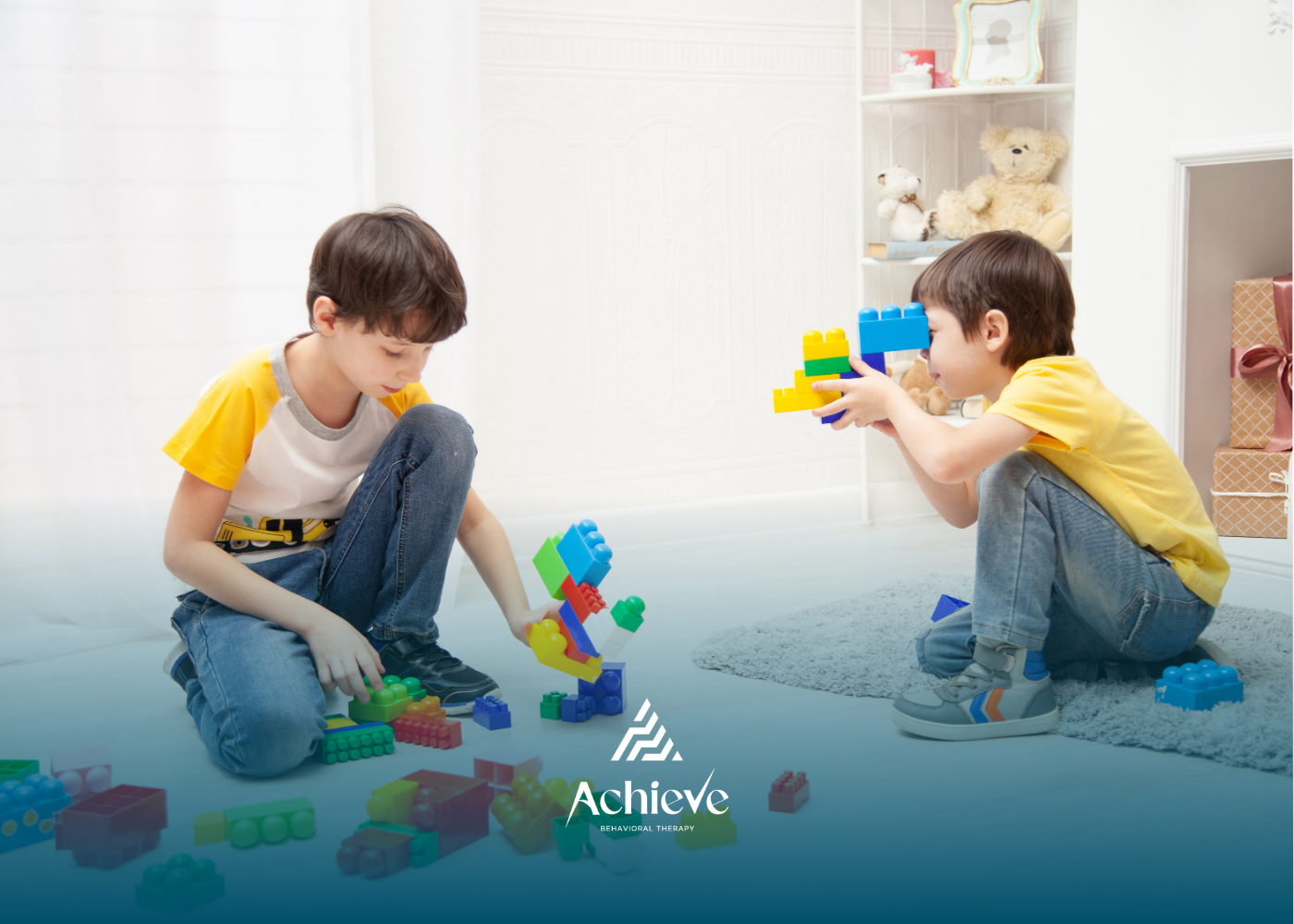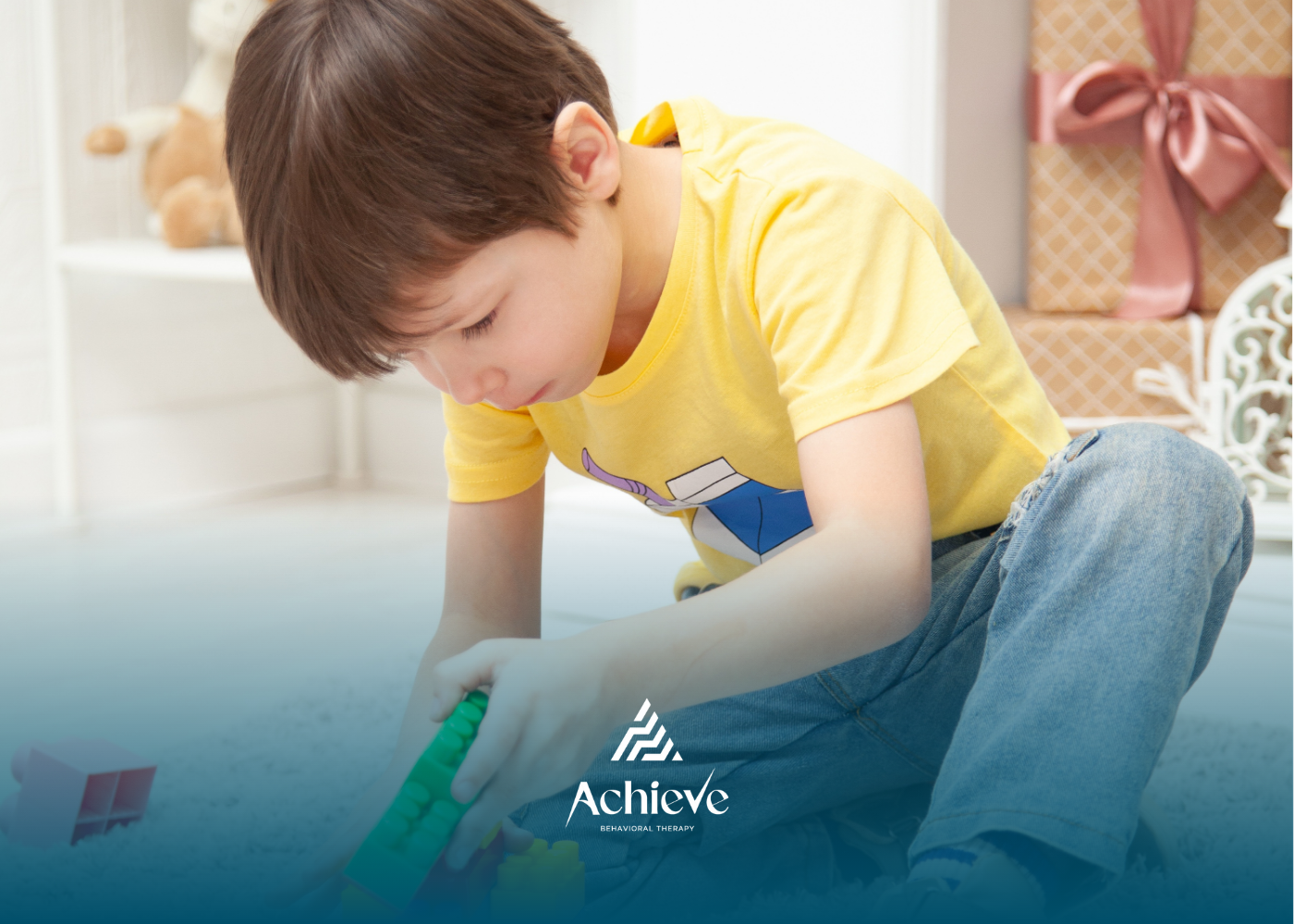ABA Therapy vs. Speech Therapy: How to Choose What Works Best

Parents often ask me, “Should we try ABA therapy or speech therapy?” It’s a common question, especially when your child is struggling with communication or behavior. The truth is, both therapies are important — but they serve different purposes.
I still remember one of my first clients, a little girl who could mimic words but couldn’t use them in real life. With in-home ABA and speech therapy working side by side, she went from frustrated outbursts to confidently asking for her favorite toy.
What Is ABA Therapy?
Applied Behavior Analysis (ABA) therapy is a structured, evidence-based approach often used with children on the autism spectrum. It focuses on improving socially significant behaviors—things like communication, daily living skills, and reducing challenging behaviors.
The big idea behind ABA is breaking down complex skills into small, teachable steps. Therapists use positive reinforcement to encourage progress, which helps children build confidence while learning.
What ABA Therapy Helps With
- Improving communication and social interaction
- Building self-help skills (like dressing, brushing teeth, or following routines)
- Reducing behaviors that interfere with learning
- Increasing focus and attention
- Encouraging independence at school and home
What Is Speech Therapy?
Speech therapy, sometimes called speech-language therapy, is provided by a speech-language pathologist (SLP). Its main goal is to help children communicate more effectively. While it’s often associated with helping kids say words more clearly, speech therapy is about much more than pronunciation.
What Speech Therapy Helps With
- Speech clarity (articulation)
- Language development (understanding and using words)
- Social communication skills (like taking turns in conversation)
- Fluency (helping with stuttering)
- Oral motor skills (like chewing and swallowing)
In short, while ABA therapy is broader and behavior-focused, speech therapy zooms in specifically on communication and language development.
ABA Therapy vs. Speech Therapy: Key Differences
Both therapies are valuable, but they work differently. Here’s a simple breakdown:
Therapy Explorer
Switch views. Click to expand. Filter to compare. Get a quick, visual “fit”.
- Focuses on overall behavior and skill-building
- Uses positive reinforcement to shape behaviors
- Often used with children on the autism spectrum
- Helps with daily living, school skills, and reducing challenging behaviors
- Focuses specifically on communication and language
- Uses targeted exercises and activities for speech/language
- Used for a wide range of communication challenges
- Helps with speech clarity, language, and social communication
- Focus
- Methods
- Who it's for
- Outcomes
- Overall behavior & skill-building
- Positive reinforcement to shape behaviors
- Often used with children on the autism spectrum
- Daily living, school skills, reduce challenging behaviors
- Communication & language
- Targeted speech/language exercises & activities
- Wide range of communication challenges
- Speech clarity, language, social communication
Do Children Need Both ABA and Speech Therapy?
Sometimes, yes! Many children benefit from a combination of both.
- A child receiving ABA therapy may be learning how to ask for help instead of crying.
- At the same time, speech therapy may be helping them form the words clearly to say, “Help, please.”
How They Work Together
When used together, these therapies reinforce each other. ABA provides the behavioral structure, while speech therapy strengthens the actual communication skills. When therapists collaborate, children make faster progress.
How to Decide Which Therapy Your Child Needs
Choosing between ABA and speech therapy depends on your child’s specific challenges and goals.
- If your child struggles with behavior, routines, or social skills → ABA therapy might be the best starting point.
- If your child struggles mainly with speech sounds, vocabulary, or stuttering → Speech therapy may be more appropriate.
- If your child has autism or multiple areas of need → A combination of both therapies is often recommended.
Pro tip: You don’t have to figure this out alone. A professional evaluation can help you create the right plan for your child.
Both ABA therapy and speech therapy can make a life-changing difference for children. While ABA focuses on behavior and learning skills, speech therapy zeroes in on communication. Many families find that using both together gives their child the strongest foundation for success.
At Achieve ABA, we provide compassionate, personalized in-home ABA therapy and school-based ABA therapy to support children and families every step of the way.
We proudly serve families in New Jersey and North Carolina. If you’re ready to help your child grow, thrive, and reach their potential, we’d love to be part of your journey.
Contact us today to learn more and get started with ABA therapy!
FAQs
Can my child do both ABA therapy and speech therapy?
Yes, many children benefit from both. ABA therapy builds behavioral and learning skills, while speech therapy focuses specifically on communication. Together, they can create stronger results.
Is ABA therapy only for children with autism?
While ABA therapy is most commonly used for children on the autism spectrum, it can also help any child struggling with behavior, routines, or skill development.
How do I know if my child needs speech therapy instead of ABA therapy?
If your child mainly struggles with speech clarity, vocabulary, or stuttering, speech therapy may be more appropriate. If challenges include behavior, routines, or social interaction, ABA therapy may be better.
Sources:
- https://my.clevelandclinic.org/health/treatments/22366-speech-therapy
- https://kidshealth.org/en/parents/not-talk.html
- https://www.ncbi.nlm.nih.gov/books/NBK561506/
- https://online.regiscollege.edu/blog/aba-and-speech-therapy/
- https://www.autismspeaks.org/applied-behavior-analysis
Need Support?
We're Here to Help!
Our experienced team is ready to assist you. Reach out today to discuss how we can support your child's development and well-being.
Get started with expert ABA therapy today.












